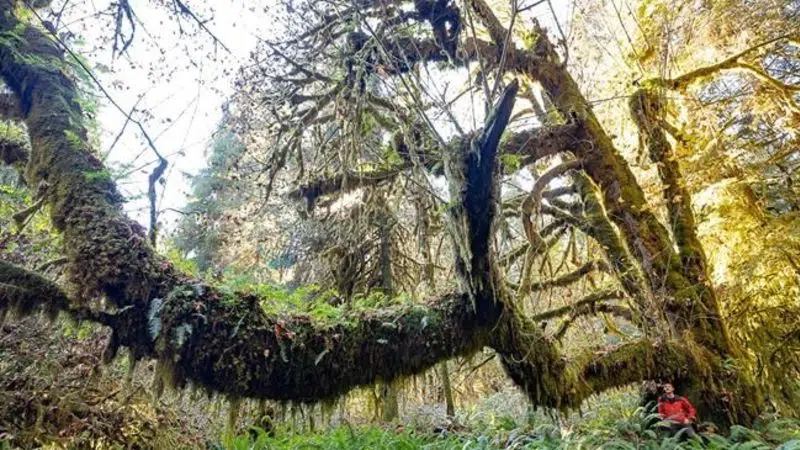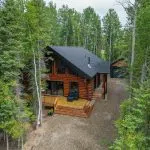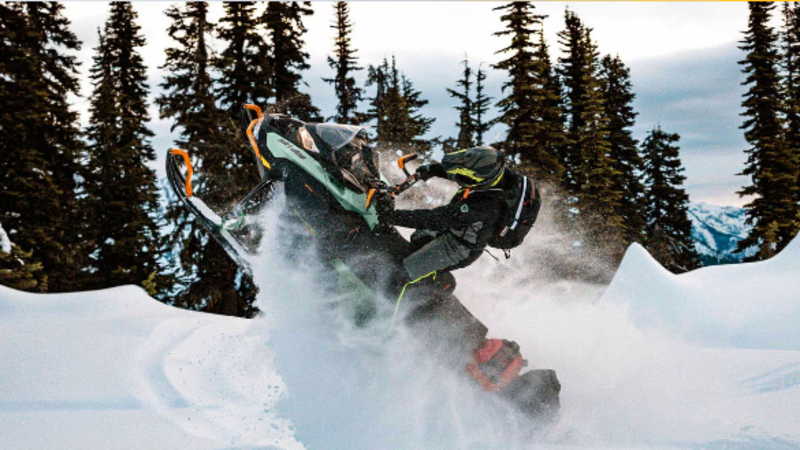
Conservationists want protection on “Canada’s most magnificent” old-growth forest
VANCOUVER — Conservationists in British Columbia are pushing for protections on an area of old-growth forests they describe as “Canada’s most magnificent.”
The grove is located on Crown land in the San Juan River Valley near Port Renfrew on southern Vancouver Island in the unceded territory of the Pacheedaht First Nation band.
The 13-hectare grove of immense old-growth Sitka spruce and big-leaf maples draped in hanging mosses and ferns was first located in October and explored again in late December, said Ken Wu, executive director of the Endangered Ecosystems Alliance.


